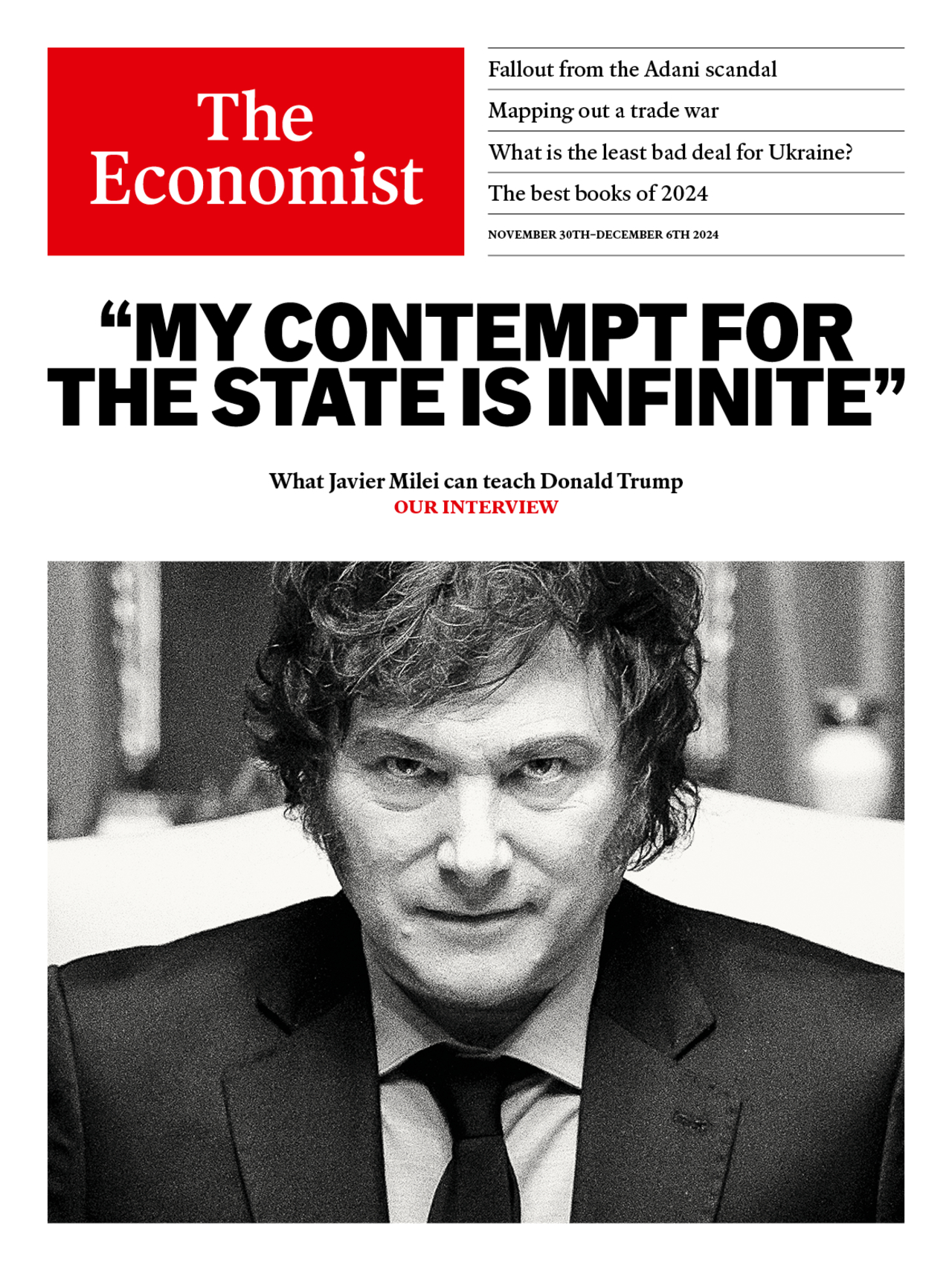China’s government is badgering women to have babies
It is testing an expanded pro-natalist playbook

MS MAO WAS making lunch one day at her home in the eastern city of Wuxi when she got the phone call. Rather than the courier’s delivery update she was expecting, she found herself subject to an intimate interrogation by a neighbourhood official: When was your last period? Are you pregnant? Do you plan to have a baby? “It doesn’t seem like the kind of thing that could happen in the 21st century,” says the 28-year-old.
Such intrusive calls to young, recently married women are part of an intensifying government campaign to stem China’s falling birth-rate and reverse the drag it is having on economic growth. Demographers estimate Chinese women have one child each on average, far below the 2.1 needed to keep the population stable.
In late October the State Council, China’s cabinet, unveiled a sweeping set of pro-natalist measures, including child tax credits, more maternity and paternity leave, and, importantly, easier access to housing loans, a big concern for Chinese families. Research by Tunye Qiu and Weifeng Liu of the Australian National University has found that a 10% rise in housing prices leads on average to a delay of 0.73 months in marriage and 1.8 months in first childbirth for urban residents.
He Yafu, an independent Chinese demographer, notes that the State Council has yet to specify the scale or the source of all the goodies it is promising, making it impossible to gauge how much effect they are likely to have.
Cash for kids is only part of the government’s strategy. China’s president, Xi Jinping, believes fixing the country’s baby bust requires cultural change, too. At the five-yearly National Women’s Congress in 2023, he preached the importance of telling “good stories about family traditions”. With two divorces occurring for every five marriages in the first three quarters of this year, Mr. Xi worries that young people do not share the right “marriage and child-rearing” values.
The government is doing its best to instil those values. The picture of a one-child family that used to be on the cover of school textbooks for eight- and nine-year-olds has been replaced by one showing a pregnant mother and her two children. The school curriculum is being adjusted to stress the virtues of family and marriage. The government has also called for the production of more TV shows that extol the virtues of having kids.
Staffing much of the pro-natalist push, including the phone campaign, are family-planning committees embedded in local communities. Known for their strict, sometimes brutal, enforcement of the country’s one-child policy between 1979 and 2015, they have a new mission: trying to ensure that more women get pregnant.
After decades of making unscientific claims to deter baby-making—such as that pregnancy reduces a woman’s intelligence—the authorities are arguing the opposite. On October 30th a magazine overseen by China’s National Health Commission published an essay on “the four benefits of childbirth”, including increased brainpower and lower risk of cancer and menstrual pain. Online, this prompted a rapid backlash. “To get people pregnant, the government will literally come up with anything they can,” fumed one writer.
The party is also playing matchmaker, setting up dating websites and forums for young adults. A dating platform set up by the Communist Youth League in Zhejiang province had 300,000 new registrants in just three months earlier this year. Users can join party-organised camping trips, flag-football matches and murder-mystery games. Relationship problems? The party has that covered, too. Counsellors and psychologists are on hand to offer advice.
In many residential districts in China, banners promoting childbirth are on display. Common slogans promise a fulfilling life with three children, not least because they will take care of their parents as they age. More threatening ones remind village officials of their duty to ensure every household has more than one child.

After decades of successfully forcing women to have fewer children, China’s government is finding it cannot force them to have more. Take Ms Mao. She told the importunate official on the phone that she and her husband are not yet trying for a baby. The baby-booster said she would call every two weeks over the next three months to check in.
Ms Mao is indignant: “This type of private matter should be a personal decision and not reminiscent of ‘The Handmaid’s Tale’.” On Xiaohongshu, an Instagram-like platform where she posted about the call, others too saw parallels with Margaret Atwood’s dystopian novel about a society in which fertile women are forced to bear children.
But as countries from Singapore to Sweden have found, a decline in fertility rates is very hard to reverse. The success of the Chinese government’s redoubled efforts—from macro-level cultural reform to micro-level menstruation-tracking—will depend on the decisions of tens of millions of women like Ms Mao. She declined the official’s offer of pre-natal vitamins and blocked her number. ■
Subscribers can sign up to Drum Tower, our new weekly newsletter, to understand what the world makes of China—and what China makes of the world.
Explore more
This article appeared in the China section of the print edition under the headline “Exercises in fertility”

From the November 30th 2024 edition
Discover stories from this section and more in the list of contents
Explore the edition
China’s leaders reveal their plan to cope with 2025
Beating trade wars and deflation and boosting science are priorities

This week is a moment of truth for Xi Jinping on deflation
The budget will show how the Party plans to tackle the dangers China faces

The AfD’s unusual China connection
Alice Weidel, leader of Germany’s AfD, spent six years in the People’s Republic
Who works where, doing what, in China
A surprising new census shows a workforce being transformed
Could there be Chinese troops in Europe?
China’s leaders now talk of “a window of opportunity for peace”
Chinese authorities try to stop parents gaming the exam system (again)
They will go to great lengths to try








